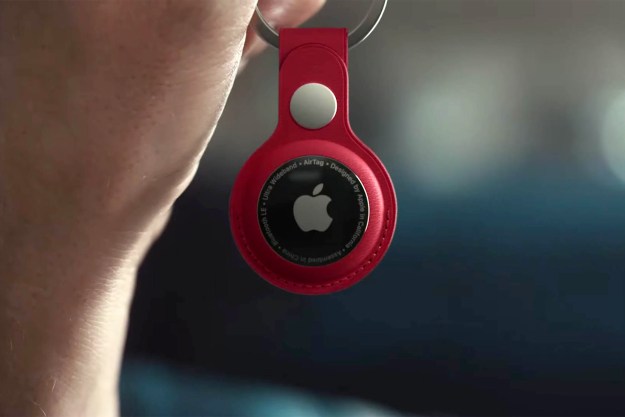Tile today is announcing a new Anti-Theft Mode for their Tile trackers. The new update will allow you to track your items surreptitiously without notifying thieves that they are being tracked by way of an audible alert or pop-up notification. The company says it has also added new tools to mitigate the risk of stalking.
The new Anti-Theft Mode works by making Tile trackers invisible to Scan and Secure, the company’s tool for finding Tile trackers that are around you. It’s rolling out today and over the next few weeks. Tile’s Scan and Secure works in contrast to AirTags which proactively notify you of AirTags traveling with you (on iPhones, at least) by having the user actively prompt for it.
“Anti-Theft Mode is the only solution in the Bluetooth finding category designed to make it harder for thieves to get away with valuables,” said Co-Founder and Chief Executive Officer of Life360 Chris Hulls. “We know that families don’t have time to misplace their items and certainly don’t have the time or money to replace belongings when they get stolen. We’re giving our users a solution that empowers them with a choice. The choice to make their devices invisible to Scan and Secure if they wish, and sleep a little easier at night knowing Tile is doing everything we can to protect their valuables.”
While not as large as Apple’s networks, the Tile tracker network is still pretty huge. Though not owned by Amazon directly, it’s linked up to Amazon’s Sidewalk network of Alexas and Echos. It certainly could replicate the same stalking issues as seen on AirTags, and the company is aware of that. To use this new feature, you’re going to have to submit and verify your ID (paired with a biometric facial scan) to Tile before you can turn it on. If you then get caught stalking, it would be trivially easy to report the right person to law enforcement. A $1 million fine is also levied against anyone caught and convicted for using Tile trackers in this way in addition to any other legal sanction. Of course, that’s a wildly optimistic way of looking at things. When it comes to things like domestic abuse, it would be a bit more complicated than that.
“Location sharing and finding have become a part of our daily fabric, and it’s not going anywhere. We develop products for the vast majority of people who use them as intended, and for those who do not, we are committed to cooperating fully with law enforcement,” Hulls said. “To meaningfully address stalking with technology, we must implement safeguards like ID registration of all location-enabled devices that are small enough to be planted on a person so law enforcement have information to pursue justice for victims. In the meantime, we’ll do what we can
at the product level to keep people safe from the outlying cases of bad actors while increasing the likelihood of recovering stolen items with Tile to help people live more relaxed lives.”
Editors' Recommendations
- AirTags range: here’s how far the tracker can reach
- Samsung may be getting ready to launch a new AirTag rival this year
- You shouldn’t need an accountant to buy a new fitness tracker
- Automatic Smart tag tracker detection in works for Android
- Tile rolls out anti-stalking tool in wake of AirTags scandal



